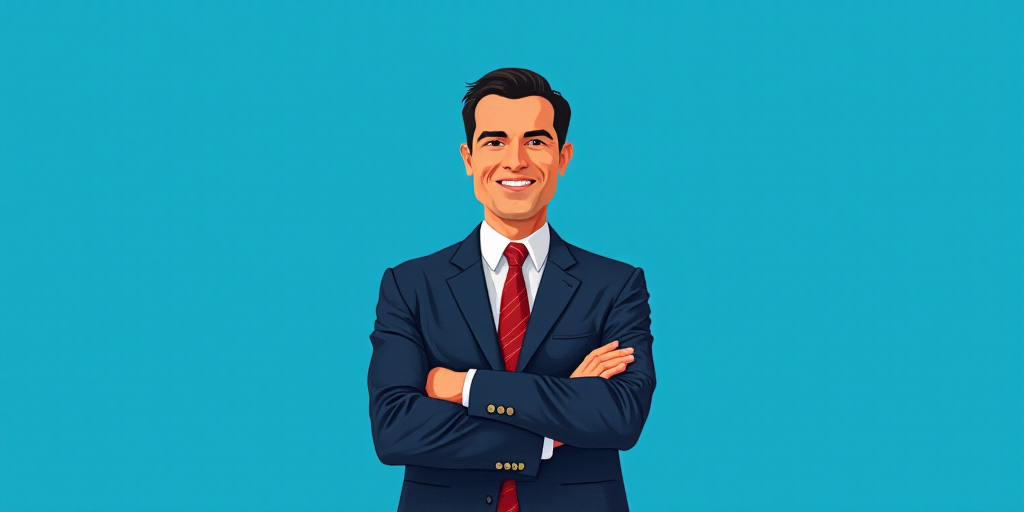Introduction
Despite the apparent continuity of customer flow in commercial stores, restaurants, and entertainment venues, official and private figures reveal that a significant number of “plastic money” users are exercising caution.
Credit Card Usage in Decline
Users of credit cards have opted to keep their cards at home, showing a decreased willingness to incur debt.
The first half of 2025 displayed moderate private growth, marked by a slowdown compared to previous years.
Consumer spending is on hold amidst a sluggish economy and fears of U.S. tariffs against Mexico, following through on threats.
The fear stems not only from Donald Trump’s aggressive trade policies but also from domestic economic factors, such as uncertainty, lower real wages, and slow GDP growth.
BBVA Analysis
According to BBVA’s analysis based on its Big Data Consumer Indicator, this trend of moderation in spending is expected to persist throughout 2025, with a projected economic growth of only 1%. This suggests a cautious outlook for consumer spending.
- Key Data Points:
- Credit card balance growth was only 0.9% in June, reflecting reduced borrowing intentions.
- Consumer confidence continued to deteriorate, particularly affecting spending on non-essential goods and services.
BBVA identifies three factors contributing to the moderation in consumption: economic uncertainty, lower real wages, and slow economic growth.
Official and private sources, along with varying data, all reflect a cautious stance in consumer spending.
ANTAD’s recorded sales slowed down in July, with a declining trend since May. Private consumption indices fell 0.1% in June and 0.4% in July.
Despite growing government resources through social programs, consumer confidence and actual consumption are being affected.
Federal spending on pensions surpassed one trillion pesos in the first half of the current year, with real pension resources increasing by 75% between 2018 and 2024, according to Integralia consultancy data.
Economic stagnation and fear of imminent external and internal risks, such as tariffs and the effects of judicial and electoral reforms, are causing uncertainty and distrust.
Gasoline Shortage Update
Atisbos
Mexico’s President Claudia Sheinbaum clarified that the gasoline shortage is a logistical issue, not a supply problem.
Sheinbaum explained that the 612 autotanks acquired during the López Obrador administration will transfer from the Secretariat of National Defense to Pemex.
This implies that the government, through Pemex, will replace private autotransporters.
The gasoline shortage appears to be due to truck driver protests, primarily affecting four Mexican states. The issue might stem from Pemex’s delayed payments to its suppliers.
***Gas LP distributors successfully broke the price cap on gas, which previously threatened to leave millions of users without the fuel.
The Secretariat of Energy (SENER) reached an agreement with business leaders to increase the gas LP commercial margin.
The positive news is that the distribution of gas LP will not be interrupted due to unaffordability. However, users may face potential price increases, as the government committed not to exceed inflation rates.
We will see where the difference comes from.






